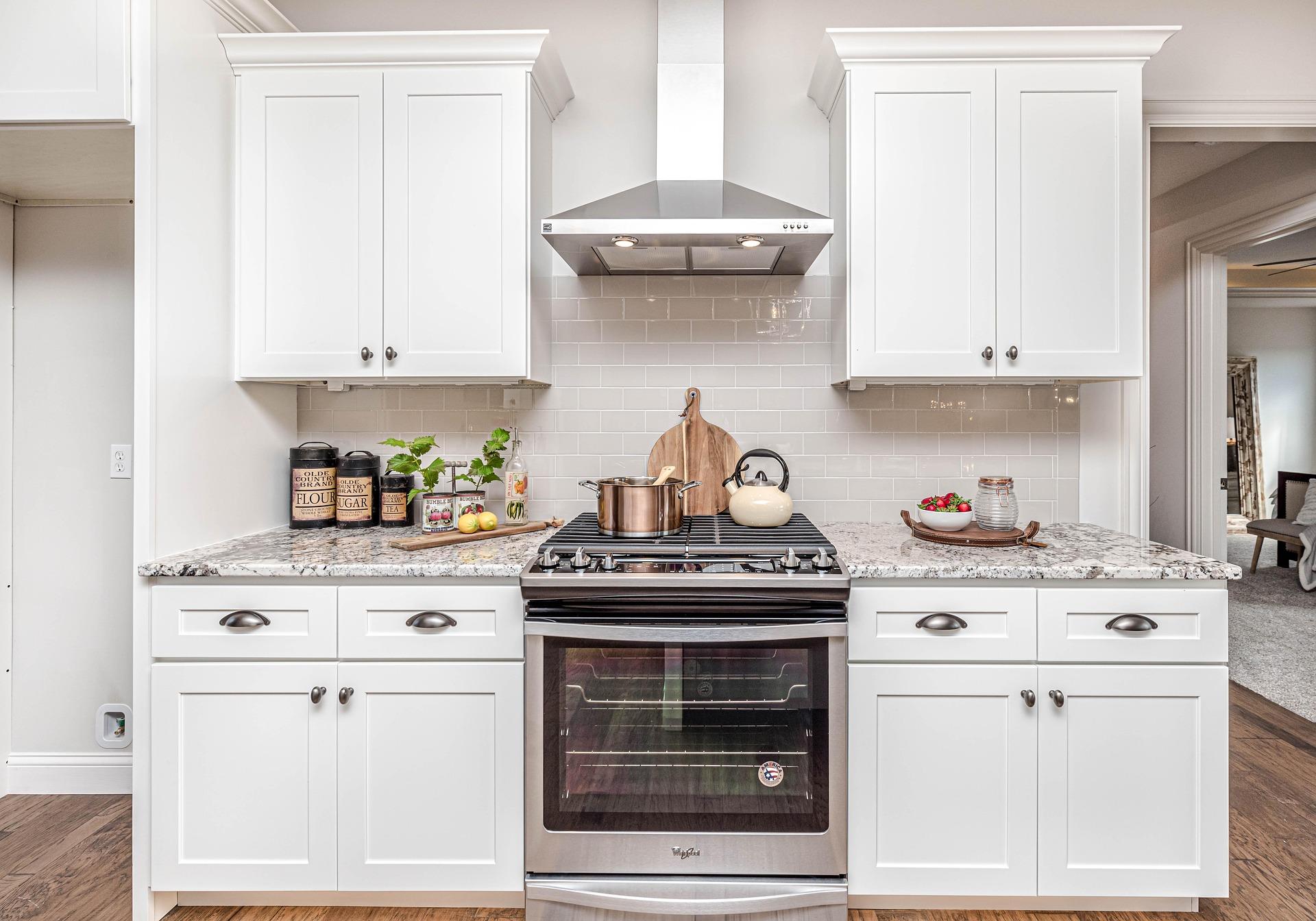The Rise of Non-Smart Home Appliances



The Rise of Non-Smart Home Appliances
In recent years, there has been a noticeable shift in consumer preferences when it comes to home appliances. While smart devices once promised convenience and innovation, many people are now opting for non-smart alternatives. This trend, often referred to as "smart appliance fatigue," is gaining momentum for several compelling reasons.
Introduction to Smart Appliance Fatigue
Smart appliance fatigue is a growing phenomenon where consumers are becoming increasingly frustrated with the complexities and drawbacks of connected devices. A recent study found that 1 in 3 Americans experience frustration with their smart home devices at least once a week1. This fatigue is particularly pronounced in certain states, with Virginia, California, and Colorado residents reporting the highest levels of smart home fatigue in 20241.
Key Privacy and Reliability Concerns
Privacy Issues
One of the primary drivers behind the shift towards non-smart appliances is the growing concern over privacy. Smart appliances collect a significant amount of data about user behavior and habits. Consumer Reports found that smart appliances constantly collect and send data back to manufacturers, with some devices transmitting up to 19MB of data per week under minimal use2. This data collection raises questions about how this information is used and who has access to it.
Reliability and Security Risks
Smart appliances also introduce potential security vulnerabilities into homes. Cybersecurity experts warn that these devices can be entry points for hackers to access home networks3. For example, smart speakers, which often serve as hubs for other smart devices, can be particularly risky if compromised4.
Benefits of Traditional Appliances
Simplicity and Longevity
Traditional appliances offer simplicity and often have a longer lifespan. They typically don't require software updates or internet connectivity to function, making them more reliable in the long term5.
Cost-Effectiveness
Non-smart appliances are generally less expensive upfront and don't come with ongoing subscription costs that some smart devices require5.
Privacy by Design
Traditional appliances don't collect or transmit data about usage patterns, ensuring privacy by default2.
Popular Brands Offering Non-Smart Options
Many reputable brands continue to offer high-quality non-smart appliances:
- Whirlpool: Known for reliable, energy-efficient appliances without unnecessary smart features6.
- GE: Offers a range of traditional appliances that focus on performance rather than connectivity6.
- Kenmore: Provides a variety of non-smart options across different appliance categories6.
- Bosch: Known for quality and durability in their non-smart appliance lineup6.
Closing Thoughts on Future Trends
While smart technology continues to evolve, the trend towards non-smart appliances suggests a growing desire for simplicity, reliability, and privacy in our homes. As consumers become more aware of the potential drawbacks of connected devices, we may see a continued rise in demand for traditional appliances.
However, it's worth noting that the appliance industry is likely to continue offering both smart and non-smart options to cater to diverse consumer preferences. The key for consumers will be to carefully weigh the benefits and drawbacks of each type of appliance based on their individual needs and concerns.
In conclusion, the rise of non-smart home appliances reflects a broader shift in consumer attitudes towards technology in the home. As we move forward, finding the right balance between innovation and simplicity will be crucial in shaping the future of home appliances.
Citations:
Footnotes
-
https://www.securedatarecovery.com/blog/where-americans-feel-smart-home-fatigue ↩ ↩2
-
https://www.consumerreports.org/electronics/privacy/smart-appliances-and-privacy-a1186358482/ ↩ ↩2
-
https://www.consumerreports.org/home-garden/smart-home/how-smart-appliances-could-expose-you-to-hacking-risks-a8909055279/ ↩
-
https://thecyberexpress.com/the-cybersecurity-risks-of-smart-home-devices/ ↩
-
https://andamanassetsolution.com/smart-home/smart-homes-vs-traditional-homes/ ↩ ↩2
-
https://www.westcoastappliance.ca/pages/top_10_best_home_appliance_brands_for_2023 ↩ ↩2 ↩3 ↩4